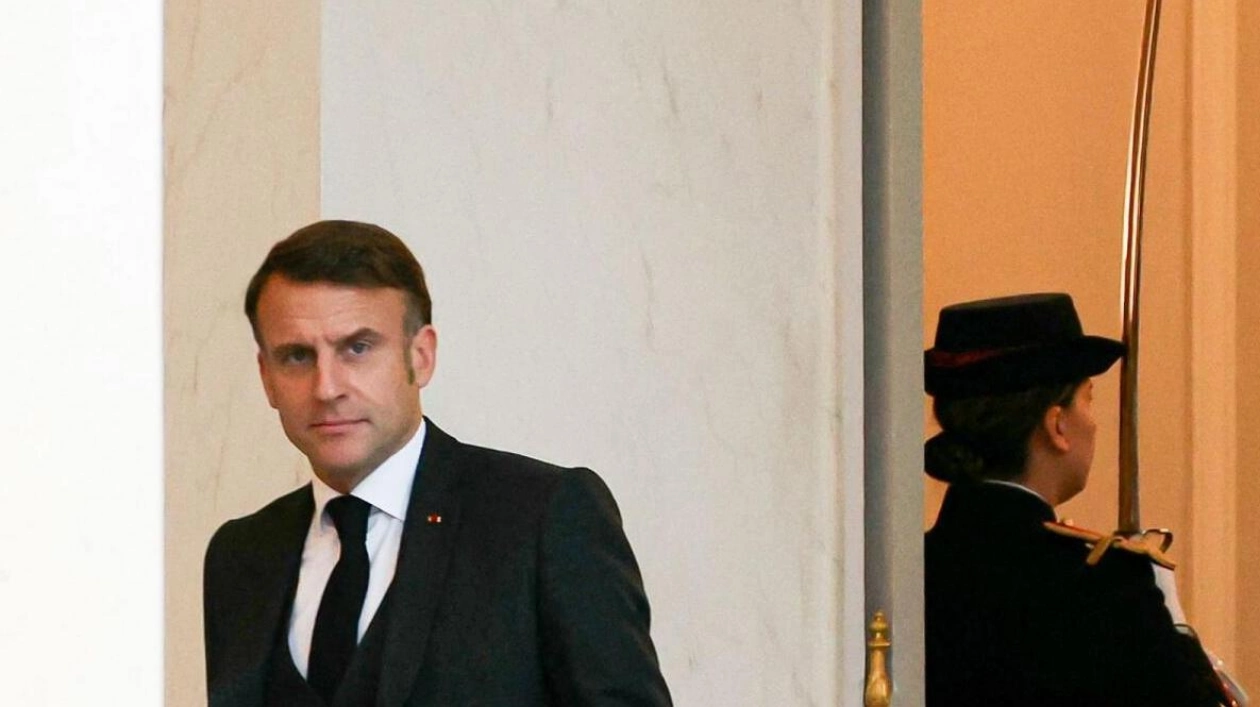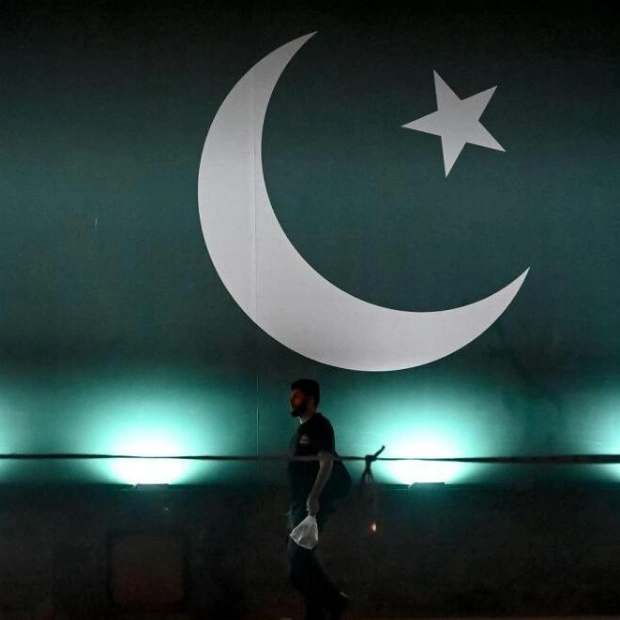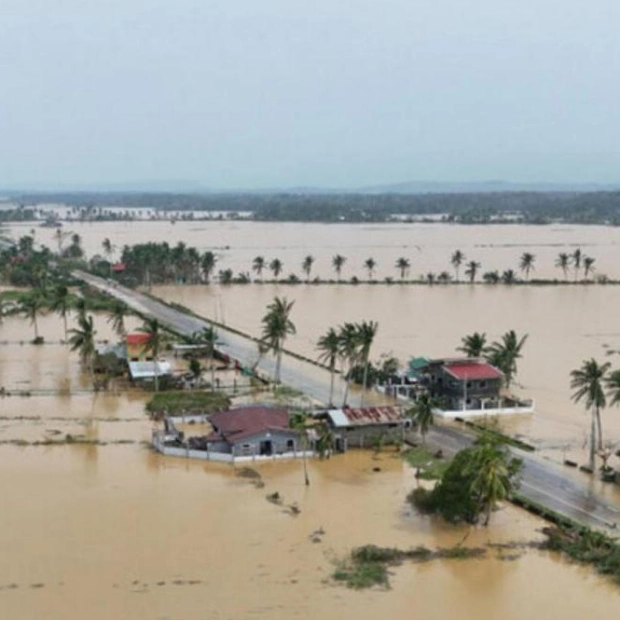French President Emmanuel Macron departed the Elysee Palace in Paris on Wednesday following the weekly cabinet meeting. AFP
On Wednesday, French President Emmanuel Macron worked against the clock to meet his self-imposed 48-hour deadline to appoint a new prime minister. This came after he convened party leaders in an effort to forge a consensus and prevent a prolonged political crisis. Following the historic no-confidence vote that ousted Michel Barnier's government last week, Macron gathered leaders from various political factions on Tuesday to establish a 'government of national interest'. Notably, the leaders of the far-right National Rally (RN) and hard-left France Unbowed (LFI), who collaborated to remove Barnier, were not invited.
Macron is under significant pressure to form a broad coalition and create a government capable of surviving a no-confidence vote and passing next year's budget, aiming to minimize political and economic instability. Party chiefs who met with Macron on Tuesday stated that he aimed to name a new prime minister 'within 48 hours'. Sources close to the president suggested that the announcement could be made as early as Wednesday evening. Macron has sought to detach the Socialists, Greens, and Communists from their electoral alliance with the hard-left France Unbowed (LFI), but their leaders insist that the new prime minister should come from their ranks.
Macron's centrist ally, Francois Bayrou, a former justice minister acquitted this year on charges of embezzling EU funds, has been widely speculated as a potential prime minister candidate. However, Socialist Party leader Olivier Faure opposed Bayrou's candidacy, arguing that Bayrou, at 73, would represent 'continuity', while Faure preferred a prime minister from the left. Other potential candidates include former foreign minister Jean-Yves Le Drian, who reportedly declined an initial offer but remains a contender, and current Defence Minister Sebastien Lecornu.
Maud Bregeon, spokeswoman for the caretaker government, revealed that during Barnier's final cabinet meeting on Wednesday, Macron discussed the possibility of a non-aggression pact, where parties would pledge not to overthrow the government. 'The country cannot afford instability or immobility,' she stated. In a sign of potential progress, the left has offered not to invoke the controversial Article 49.3 of the constitution to push legislation without a vote if one of their members is appointed prime minister. In return, opponents would promise not to bring down the government. Macron also expressed gratitude to the outgoing government, stating that last week's no-confidence vote was 'a serious choice' with 'consequences', according to Bregeon.
On Wednesday, a special budget draft law to ensure the French state's functioning in the new year was presented to the Council of Ministers. The National Assembly will debate the bill on Monday, followed by the Senate on Wednesday. Most parties are anticipated to support the legislation for the sake of stability. Last week, far-right and hard-left lawmakers united to oust Barnier's minority government amid a standoff over an austerity budget. Macron dissolved parliament in June after the far right dominated his alliance in European elections, leading to snap parliamentary polls that resulted in a hung parliament. Some commentators view Tuesday's talks as a step forward from Macron's previous efforts to build consensus post-election.
Far-right leader Marine Le Pen, who emerged as a key player after the elections, told broadcaster France 2 that she was 'not unhappy' about not being invited. An Ifop-Fiducial poll for Le Figaro Magazine and Sud Radio published on Wednesday suggested that Le Pen would secure between 36% and 38% of the vote in the first round of the French presidential election. Le Pen is currently facing a high-profile embezzlement trial; if found guilty in March, she could be barred from running in France's next presidential election in 2027. The poll, conducted post-Barnier's ouster, indicated that Le Pen would win 36% of the vote against centre-right former premier Edouard Philippe (25%) and 38% against Barnier's predecessor Gabriel Attal (20%).
Source link: https://www.khaleejtimes.com






